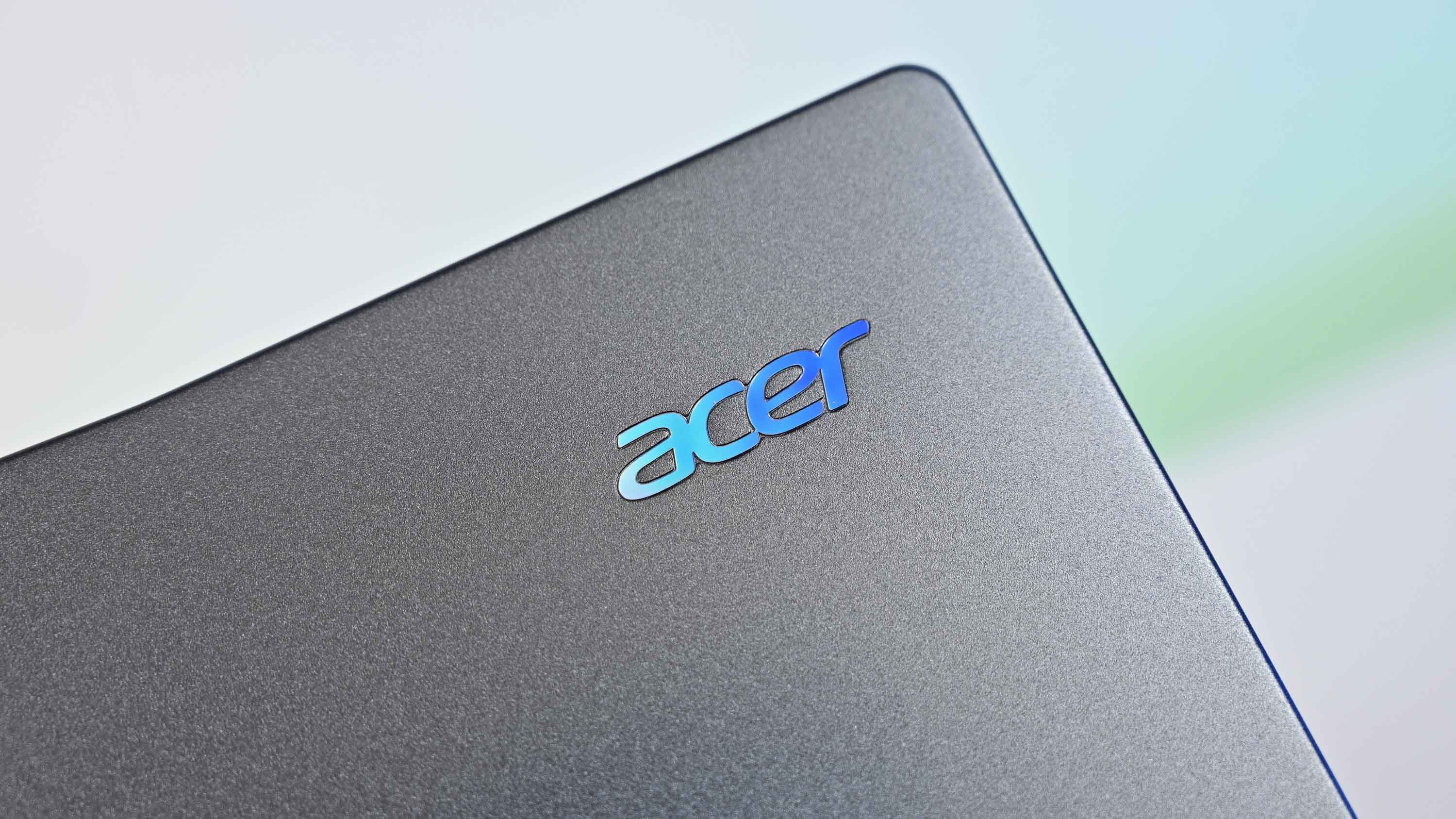
Consumers in the United States now have fewer PCs to choose from when shopping. Following the implementation of new U.S. tariffs, Framework has paused the sale of base models of the Framework Laptop 13.
Framework only paused the sale of select models in the United States. All configurations of the Framework Laptop 13 remain available in other countries.
Framework announced the news on X:
"Due to the new tariffs that came into effect on April 5th, we’re temporarily pausing US sales on a few base Framework Laptop 13 systems (Ultra 5 125H and Ryzen 5 7640U). For now, these models will be removed from our US site. We will continue to provide updates as we have them."
When asked for clarification, Framework stated:
"We priced our laptops when tariffs on imports from Taiwan were 0%. At a 10% tariff, we would have to sell the lowest-end SKUs at a loss. Other consumer goods makers have performed the same calculations and taken the same actions, though most have not been open about it."
The Framework Laptop 13 is a modular PC designed to make repairs and upgrades easier. You can also customize the Framework Laptop 13 in various ways, such as changing its port configuration.
Framework could have opted for a price increase rather than pausing sales, but the company's calculations may have determined that choice to be untenable. A 10% increase on a laptop is a sizeable jump.
A price increase could also hurt Framework's public perception. The company emphasizes the importance of consumers several times on its website. Selling the base model of a laptop at a price that is not affordable would likely not align with the company's goals.
It's not just Framework

PC manufacturers are in a rough spot now that tariffs have taken effect. Framework is not the only company that has had to make a tough decision.
Acer announced a 10% price increase on its laptops recently. The prices of laptops and other electronics are expected to increase over the next year, according to a one-year forecast by Consumer Technology Association's (CTA).
That forecast predicted that laptop prices could go up by 46%, though that figure will depend on which tariffs remain in effect or if additional ones are imposed.
Companies, including Framework, now have to decide between increasing prices or pausing the sale of certain items.







